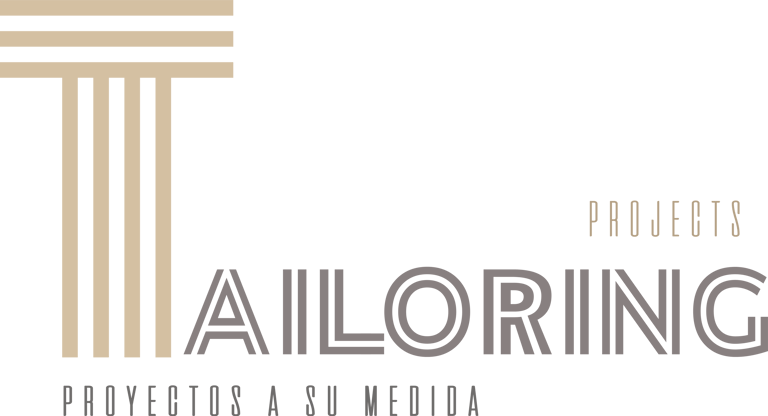The Role of Sustainability in Real Estate Development Projects: Opportunities and Challenges for Investors
7/21/2023


In recent years, sustainability has evolved from an emerging trend to a transformative force in the world of real estate development projects. Increasing environmental and social awareness has led investors in the construction sector to seriously consider the impact of their projects on the environment and local communities. In this blog, we will explore the increasingly relevant role of sustainability in real estate development projects and how it presents both opportunities and challenges for investors.
The Drive towards Sustainability in Construction
Real estate development has historically been a resource-intensive industry with a high environmental impact. However, as concerns about climate change, resource scarcity, and environmental degradation have gained prominence, there is a growing demand for more sustainable construction practices.
Sustainable Construction Practices and Certifications
One of the cornerstones of sustainability in real estate development is the adoption of sustainable construction practices. This includes the use of eco-friendly and renewable construction materials, as well as more efficient and low-impact construction techniques. Additionally, there are internationally recognized certifications and standards, such as LEED (Leadership in Energy and Environmental Design) and BREEAM (Building Research Establishment Environmental Assessment Method), that assess and certify the sustainability of projects. These certifications not only demonstrate the investor's commitment to sustainability but can also increase the value and appeal of properties for environmentally-conscious buyers.
Market Demand and Consumer Preferences
Sustainability is not just a matter of social and environmental responsibility; it is also a key driver of market demand. Consumers, particularly younger buyers, are showing an increasing preference for sustainable real estate properties. Projects that incorporate eco-friendly features, such as renewable energy systems, energy efficiency, and environmentally-friendly designs, have a significant competitive advantage. Investors who understand and respond to this demand will have greater long-term success.
Financial Benefits of Sustainability
Although sustainable real estate projects may require a higher initial investment, they often present long-term financial benefits. Energy efficiency and the use of sustainable technologies can reduce operating costs and, consequently, increase the project's profitability over its lifespan. Additionally, projects with sustainability certifications may access tax incentives and government subsidies, providing an additional advantage for investors.
Challenges and Risks of Sustainability in Real Estate Projects
Despite the opportunities offered by sustainability, there are also challenges and risks that investors must consider. The initial cost increase may deter some investors, especially those with a short-term focus. Moreover, implementing sustainable practices may require specific technical knowledge and expertise that not all developers possess. However, it is important to consider that many of these challenges are surmountable, and the long-term rewards can far outweigh the initial obstacles.
The Focus towards a Sustainable Future
In conclusion, the role of sustainability in real estate development projects is becoming increasingly critical for investors. Sustainability not only addresses market demands and consumer preferences but also offers financial benefits and a positive contribution to the environment and society at large. By embracing sustainability and overcoming the challenges it presents, investors can not only ensure the long-term success of their projects but also play an active role in building a more sustainable and responsible future.


